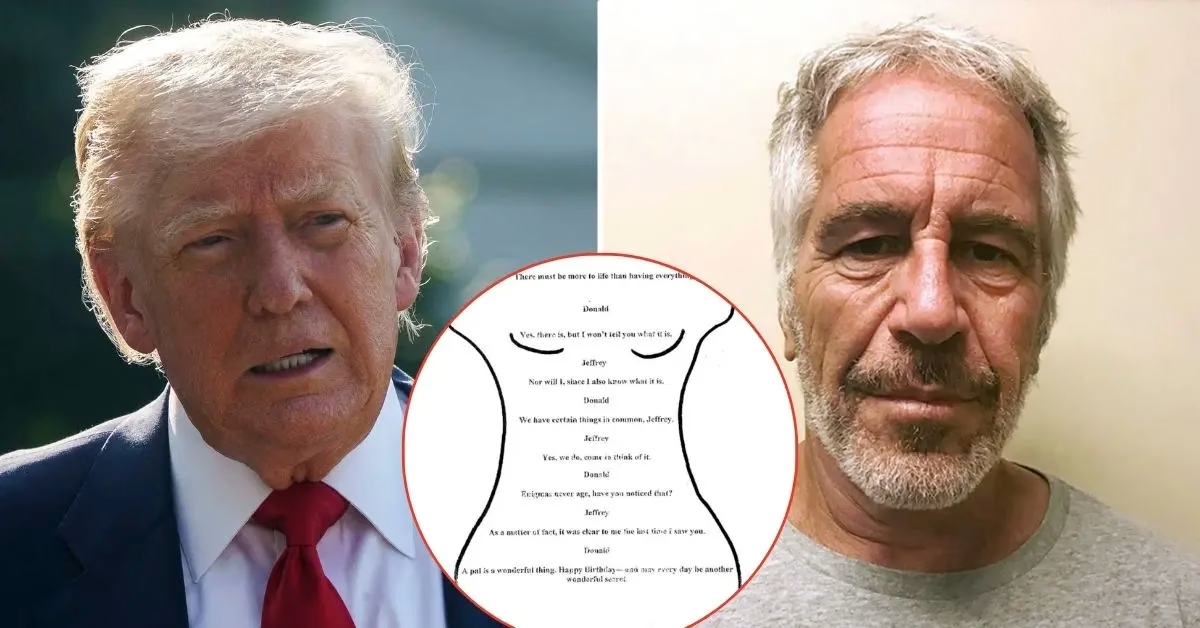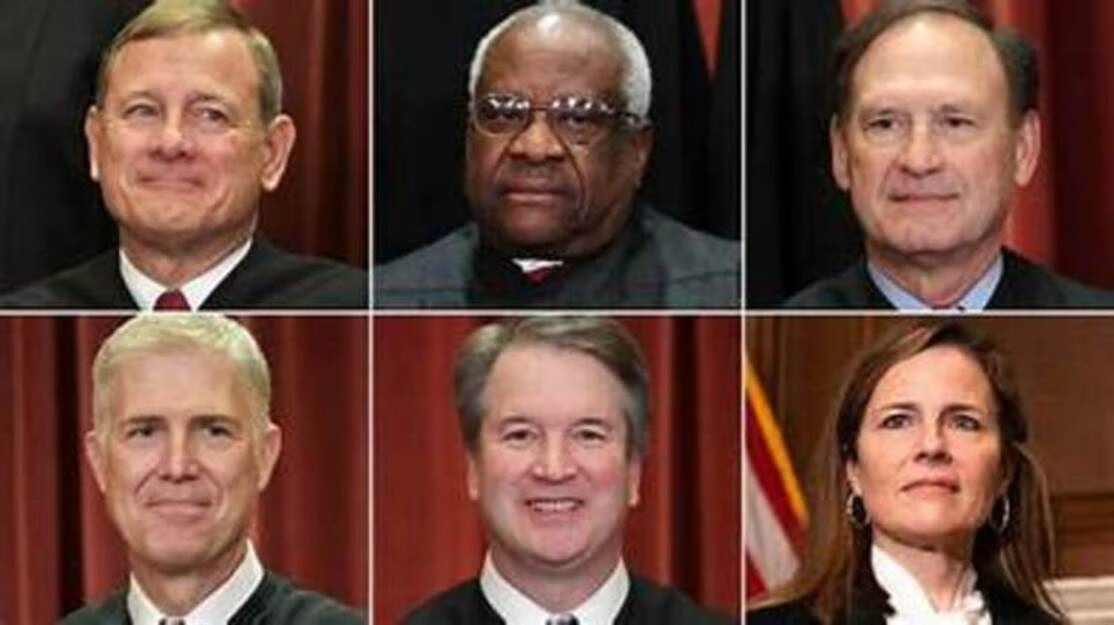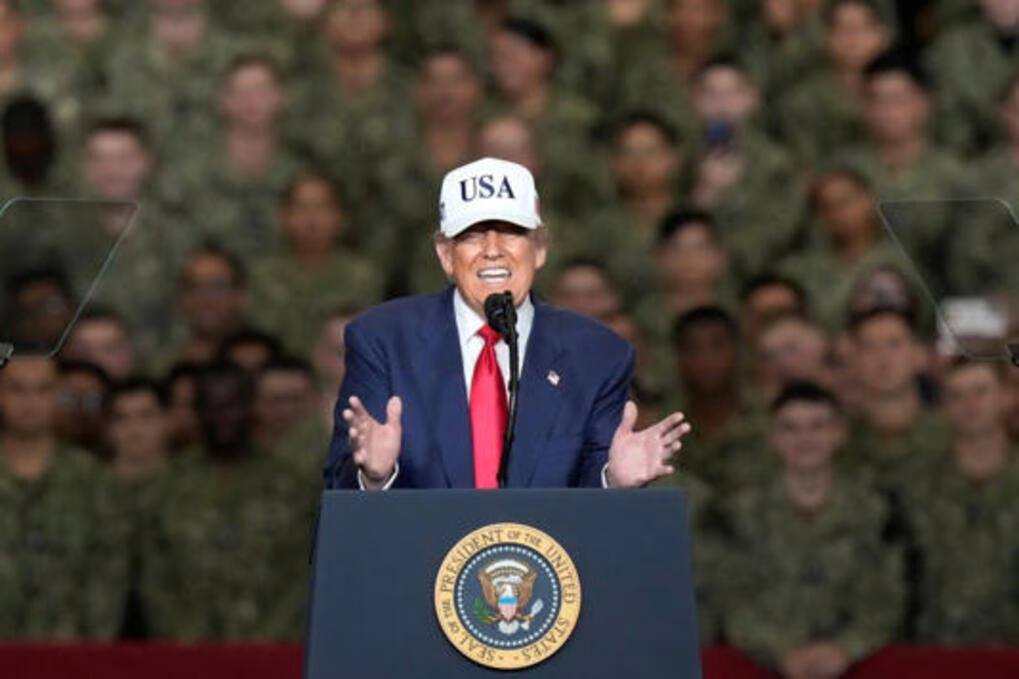By Tony Bruce | Tuesday, November 25, 2025 | 5 min read
Jeffrey Epstein’s name has resurfaced once again, this time because of a vast trove of emails that paints a complicated portrait of his conversations about Donald Trump—more complicated, perhaps, than many people expected. According to documents released by the House Oversight Committee, Epstein, who died in 2019, repeatedly commented on what he viewed as Trump’s erratic behavior. In private messages to reporters, acquaintances and former colleagues, he openly questioned the former president’s stability and, at times, his cognitive sharpness. These exchanges, released years after his death, have stirred up another round of debate over the meaning of Epstein’s private observations and the lingering shadows cast by his digital archive.
The release itself became a political Rorschach test almost immediately. On Wednesday, Nov. 12, Republicans on the House Oversight Committee posted roughly 20,000 pages of documents obtained from Epstein’s estate, only hours after Democrats on the same committee published three isolated email exchanges. The Republicans accused Democrats of selectively presenting information and insisted the public deserved the broader context rather than curated fragments. “You deserve the full truth,” they wrote on X, attaching the link to the enormous data dump.
The smaller Democratic release had centered mainly on the past personal connection between Trump and Epstein, but once the larger documents became public, it was clear that Trump appeared in many more conversations. Epstein’s tone varied depending on the topic, but much of it was unflattering. In multiple emails, he referred to Trump as “borderline insane,” questioned his decision-making abilities and speculated about “early dementia,” blending political commentary with often blunt personal criticism.
Documents examined by FN Newsroom and others help sketch a picture of Epstein’s perspective as Trump transitioned from New York celebrity to presidential contender. In 2015, for example, Epstein allegedly told a New York Times reporter that he had “photos of Donald and girls in bikinis in my kitchen.” In the same exchange, he claimed that years earlier he had introduced Trump to a twenty-year-old woman Epstein said he had been dating, writing that he had “given” her to Trump. The claim cannot be verified, but it now sits in the archive alongside dozens of other fragments of conversation.
Some of Epstein’s most pointed commentary came after Trump took office. Shortly after the 2017 inauguration, Epstein commented on the administration’s “Muslim ban” in an exchange with a New York Times journalist, blending geopolitical analysis with abrupt personal assessments. He wrote that Trump appeared focused on keeping his campaign promises, arguing that this mattered for relations with leaders like Putin and Kim Jong Un. Then, almost offhandedly, he added, “that being said Donald is fucking crazy I told you that,” capturing his pattern of mixing strategic observation with personal judgment.
By the next year, Epstein’s tone sharpened further. In conversations about Michael Wolff’s Fire and Fury, a reporter noted that Trump seemed “increasingly unhinged.” Epstein replied, “no questions donalds statement is goofy.. early dementia?” In March 2018, he exchanged messages with former Obama White House counsel Kathryn Ruemmler about whether Trump was heading toward “a psychiatric breakdown,” responding to her comments with a flat “but — accurate.” Later that summer, he again emailed Ruemmler, this time regarding Trump’s alleged hush-money payments to Stormy Daniels, writing, “You see , i know how dirty donald is.”
The release of the Epstein emails may also influence how some business leaders think about their proximity to Trump. Public associations between CEOs and political figures can carry reputational consequences, especially during moments when new controversies emerge. Although the emails reflect Epstein’s personal opinions rather than verified assessments, the headlines surrounding them inevitably spill into broader conversations about those who maintain close ties with Trump.
In an era where consumers, employees and shareholders often weigh ethical and social associations in their decision-making, corporate leaders sometimes find themselves navigating questions about what political alignment signals, intentional or not. For executives whose relationship with Trump centers on policy preferences or business incentives rather than deep personal history, the sudden reappearance of Epstein’s name adds a layer of unpredictability. It does not dictate outcomes, but it may shape the public environment in which business leaders manage their affiliations, their messaging and their long-term reputational calculations.
While the emails don’t give us a complete picture of either man, they do offer a rare glimpse into Epstein’s private impressions at a time when Trump was in the middle of one of the most dramatic transformations of his public life. People will interpret these exchanges however they choose — some may see them as idle chatter, others as a quiet warning, and many as just another puzzle piece in an already tangled story. But one thing is certain: now that these messages are out, they’ll be picked apart, argued over, and revisited for years.
And inevitably, they raise uncomfortable questions about Epstein’s own fate. It’s hard not to wonder. When a sitting president is willing to send his own associates into a doctor’s office to seize his medical records, it doesn’t take much imagination to consider what that same instinct for control might mean for someone like Epstein — a man holding information far more sensitive than a health file. No one knows exactly what happened, but the timing and the stakes leave plenty of room for speculation, and even more room for unease.
CTA: Gift the Future. Read the Blueprint.
Amazon.com: Tesla Optimus Gen 2: Elon Musk’s $1 Trillion Army of Programmable Workers eBook : Emos, Ben: Kindle Store
More From FeDlan News:
When Illegal Orders Became Legal Orders: The Trump–Vance Controversy
Trump Makes the “Epstein Files Transparency Act” Less Transparent by Signing It In Secret
Grand Jury Never Saw Final Comey Indictment — Is That What the Supreme Court Calls “Official Duty”
Mark Epstein warns: Trump officials may be altering Epstein files to protect Republicans
Epstein Files Trigger Full-Blown Crisis for Trump—and His Story Keeps Changing
Trump’s DOJ Playbook Risks a Future Backlash — Even Aimed at Justices Like Thomas
 Donate
Donate
Copyright 2024 FN, NewsRoom.






